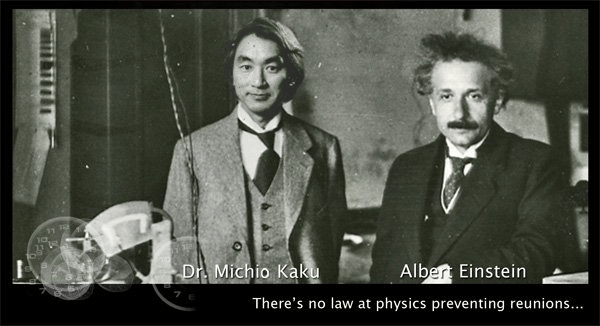Women Are Bringing Home the Bacon

When I was a kid, my sister and I liked to belt out the words to a popular jingle (with lots of hip swinging for emphasis): “I can bring home the bacon! Fry it up in a Pan! And Never, never, never let you forget you’re a man! ‘Cause I’m a woman!” At the time it, to us at least, it was an anthem for female power, which happens to be the current topic of the Big Think’s current series.
The power a woman holds in her own home is determined by her share of household bargaining power. From an economic perspective, a married woman’s household bargaining power—how much input she has into how decisions are made—is a function of her income and education level relative to that of her husband. Now a new study by the Pew Research Center suggests that married women are beginning to see higher relative education and income levels than their husbands—evidence which suggests that female power within the household is on the rise.
First, it is worth noting that the relative standing of women within marriage in terms of education is not a new phenomena; women have, by in large, been marrying down in terms of education since at least the 1940s. When high school enrollments and graduation rates first began to increase at the turn of the 20th Century, women took advantage of secondary education at a much higher rate than men. Manufacturing wages were high for men, and didn’t depend on a high school education, so many men left school earlier to join the workforce.
Women, by and large, sought clerical occupations (at least until they married). These required more secondary schooling, so women had much more to gain by staying in school. Women who had completed high school married down in terms of education but, because men’s wages were higher, up in terms of income. In 1940, for example, only 21% of women married men who were more educated than themselves. In 1960 this number crept up to 24%. By 1970, 82% of women were married to men with equal or less education—but only 4% were married to men with lower incomes than themselves.
In recent years that trend towards marrying up has reversed; in 2007, only 19% of women were married to men who were more educated than themselves. University education is almost certainly responsible for this reversal and, again, the relative gains to education for men and women are driving the result. In the past, when women were, on average, marrying down, university-educated women were almost always marrying up—and the more educated they were the more they married up. More women are university-educated now; university enrollment rates for men and women have been increasing since the beginning of the 1970s, and female enrollment rates have outpaced those of men since the mid-1980s. With fewer men than women finishing university, many educated women have no choice if they wish to marry; the supply of university-educated men outstrips demand. So the big change in the last thirty years is not that women are starting to marry men who are less educated than themselves; the big change is that well-educated women are starting to marry men who have less education.
This is where we start to see the shift away from higher incomes for husbands. Over the same period that the gap has developed between female and male post-secondary education, the gap between the income paid to those with a university education and those without has also increased. In 2007, 22% of wives brought more income into the household than their husbands. This can be largely explained by the fact that although the income gap between men and women has fallen for all education levels, university-educated women now earn a higher median income than do university-educated men. College-educated women are gaining on their husbands in terms of both education and income; this should increase their power in the home.
I still like the words to the “Bring Home the Bacon” song, but, frankly, 30 years later it makes me feel slightly exhausted. My sister had enough sense to marry a man who brings home the bacon AND fries it up in the pan (and, incidentally, never, never, never forgets he’s a man). We can talk about the corporate and political power of women, but we all know female power is not about “doing it all”—it is about being able to participate in decisions. In terms of developing female power inside her own home, relative income and education are what matters.





